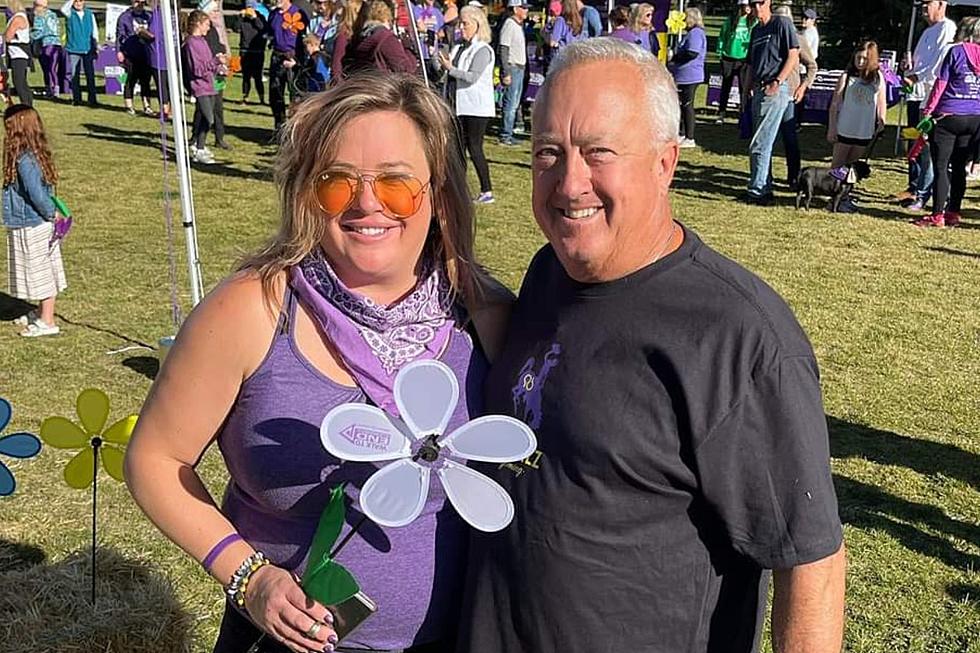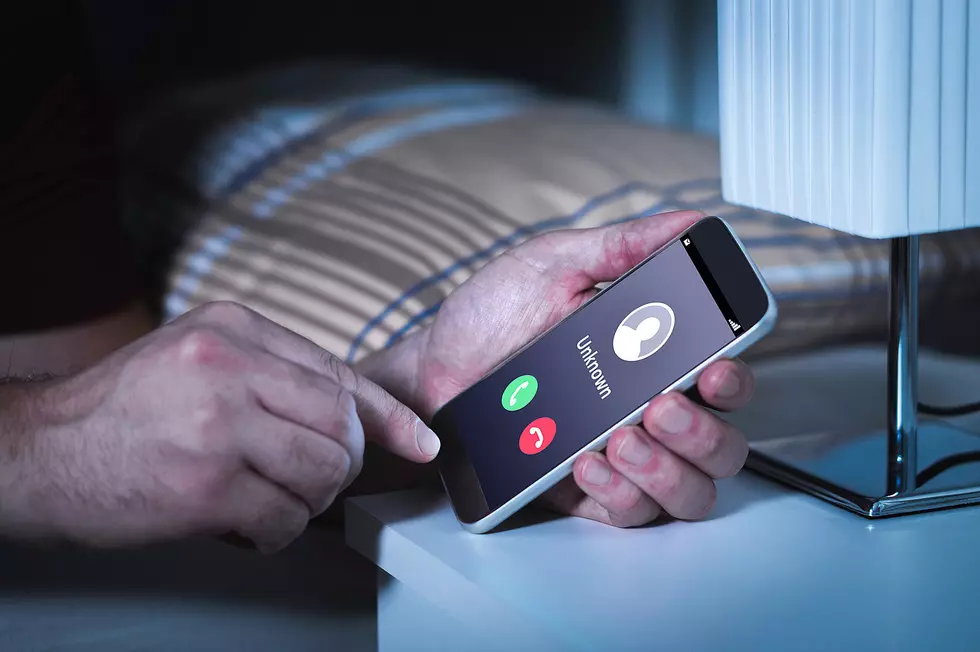
Alzheimers Awareness is Daily Life for Laramie’s Robin McIntyre
That proverbial question: If you had one year to live, what would you do?
For many of us, it’s a fairly benign question used to determine bucket lists, life changes, and priorities. For others like Robin McIntyre, it’s a reality.
She was given a few more years, but a fatal, agonizing diagnosis: having the Alzheimer's gene.
Eleven of McIntyre’s family members perished to the disease before the age of 60, including her mother, at 56 in 2016. Lori passed away six years after her diagnosis.

After putting pieces together, McIntyre’s family decided to enter into research. Her research group is the longest-running clinical drug trial in the history of Alzheimer’s research. Other research studies are being modeled after theirs. “We’re pioneering it for others, which is great. Selfishly, though, that’s not enough. I want life,” she said.
Selfish is the last adjective to apply to McIntyre; the fashionable, charismatic woman in front of me had a hairstyling business, worked at a popular salon in town, and enjoyed her life. Now, she’s dedicated her life to spreading awareness and fighting for treatment. For the last year, she’s been the Development Director of the Wyoming Chapter of the Alzheimer’s Association.
Changes have already been made; before, Medicaid and Medicare would only cover one PET scan in a lifetime. McIntyre and the AA have paved the way for PET scans as diagnostic tools, not just in clinical trials, along with access to other preventative measures.
McIntyre also made personal life changes, though not intending to. She was tested for the genetic mutation on the presenilin 1 gene, which “basically guarantees you’ll get the disease, which is early onset, and very aggressive.”
She waited a year before finding out her results, which turned out positive.
“I wasn’t ready to know. Or I wanted to make sure I was at a point in my life where everything wasn’t going to change because of that information…but the funny thing is I changed everything anyway. I ended a five-year relationship. I got a new job. I moved to a new town. I decided that despite having this heavy thing over me and letting it get the best of me, I was going to do whatever I wanted in life. Try not to say no; go on all the adventures. All the vacations. Try all the foods. Have the second glass of wine.”
McIntyre, a self-labeled “lab rat for life,” entered into a double-blind trial in 2015, and after positive results, was in active treatment from 2020 until August of 2023.
McIntyre is spreading awareness for the disease and fighting for access to care and is also a voice for caregivers. She and her father Steve were caregivers for Lori. McIntyre said they noticed symptoms but didn’t think Alzheimer’s because of her mother’s young age.
“So many of us believe that’s what our grandmas and grandpas get. With mom, we noticed depression, and change in mood; we chalked it up to stress and life. It wasn’t. It was the disease.”
McIntyre’s mission lies in the phrase, “Prevention is key.” Her mother, she said, entered into research knowing it wasn’t going to save her, but that it might help future generations.
Of the talk shows (The Today Show with Maria Shriver, no less), news stories, and even a book about McIntyre’s family’s journey (Nikki Kapsambelis’s “The Inheritance”), and now her life’s work…
“I thought I had more time,” she said.
McIntyre estimates she’ll start seeing symptoms in less than 5 years.
“It’s not an easy job, but somebody has to do it. Also, I hope that the work can save my life.”
Despite the diagnosis that causes her to question if forgetting her car keys is actually the disease taking over her mind, McIntyre lives for today, for her future.
“I believe in the power of positive thinking. I’ve claimed I’ll be the first survivor of the disease.”
Alzheimer's Walk 2023
More From Laramie Live









